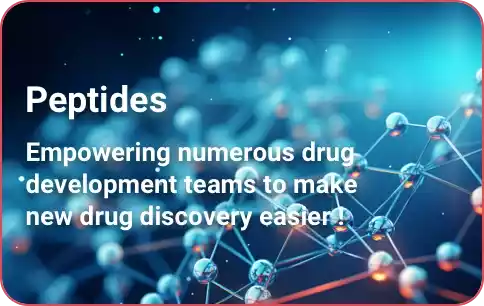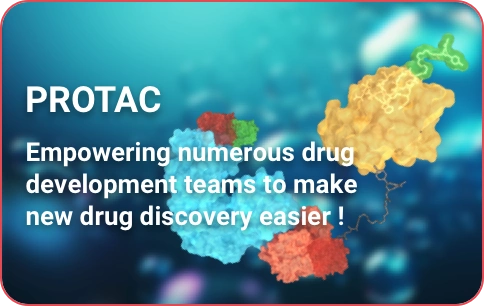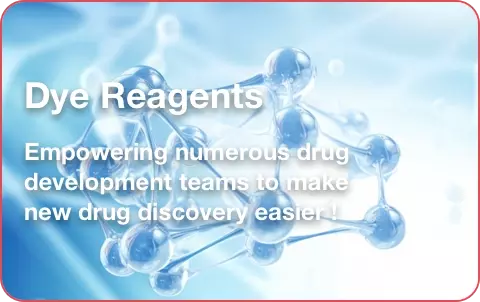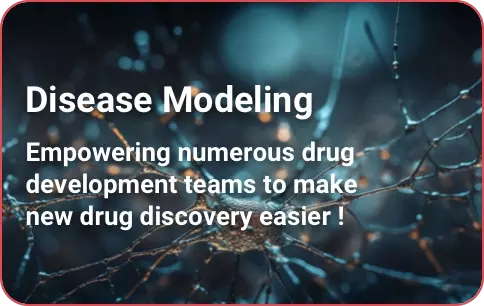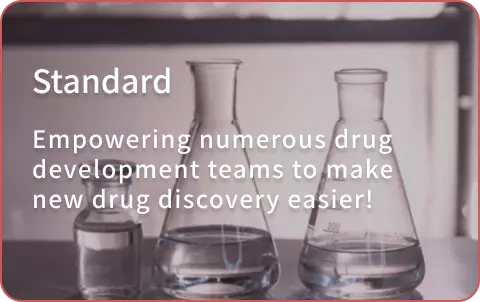 Your shopping cart is currently empty
Your shopping cart is currently empty
NEWS | 05 July 2024
WIKIMOLE—G-418 disulfate
By TargetMol

G-418 disulfate (Geneticin sulfate) is an aminoglycoside antibiotic, an inhibitor of protein synthesis with eukaryotic selectivity. G-418 disulfate blocks peptide synthesis by inhibiting peptide chain elongation.
Mechanism of Action
G418 inhibits protein synthesis by irreversibly binding to 70S or 80S ribosomes, thereby blocking the polypeptide elongation step. Additionally, studies have shown that G418 disrupts mRNA stability by causing amino acid misincorporation and promoting read-through of stop codons.
Puromycin is an antibiotic and protein synthesis inhibitor primarily produced by Streptomyces alboniger, exhibiting antitumor and antitrypanosomal activities. Due to its ability to interfere with the translation process in both prokaryotic and eukaryotic organisms, puromycin is mainly used as a biochemical tool for studying protein synthesis.
Additionally, it can be used as a selective antibiotic in mammalian and insect cell culture systems to screen and maintain stable transgenic cell lines. It is commonly used to select cells capable of expressing the pac gene.
Application
G418 is toxic to prokaryotic cells, eukaryotic cells, and viruses. The effective concentration of G418 in bacteria and algae is typically low (5 mg/L or less), while a higher concentration (400 mg/L) is required for the selection of mammalian cells.
For cells stably transfected with the neomycin resistance gene (Neo), G418 is not toxic, making it a commonly used selection reagent for stable transfection. The specific mechanism involves integrating a plasmid containing the neomycin resistance gene (Neo) into the genome of eukaryotic cells, allowing the cells to express aminoglycoside phosphotransferase. This enzyme covalently modifies the amino or hydroxyl groups of G418, inhibiting the interaction between the antibiotic and ribosomes, thereby inactivating the antibiotic. Consequently, this property makes G418 a powerful tool for selecting and maintaining cultures of prokaryotic or eukaryotic cells carrying resistance genes in stable transfection experiments.
References
1. Durmaz YT, Shatadal A, Friend K. Geneticin reduces mRNA stability. PLoS One. 2022 Jul 28;17(7):e0272058. doi: 10.1371/journal.pone.0272058.
Other Articles


Subscription to TargetMol News
An essential round-up of science news, opinion and analysis, delivered to your inbox every weekday.

Copyright © 2015-2025 TargetMol Chemicals Inc. All Rights Reserved.











